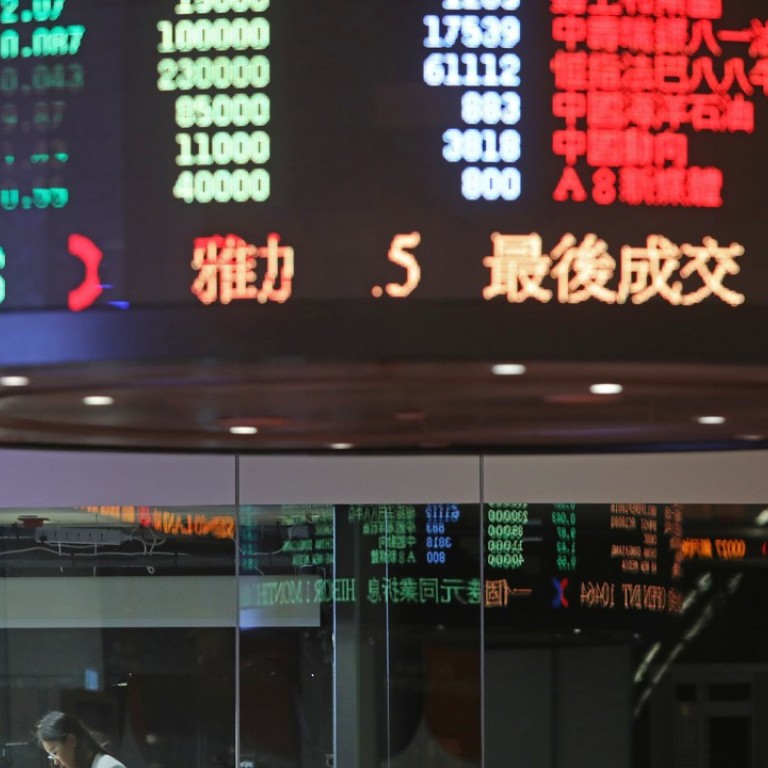
Exclusive | Regulator’s U-turn paves way for dual-class companies to raise funds in Hong Kong in pilot plan
Only giant tech firms with investor protection measures will join under a pilot scheme to be launched next year as SFC is no longer opposed to dual-class shareholding
Companies with multiple classes of shares among their shareholders may be allowed to raise capital in Hong Kong by the middle of 2018, as the city’s Securities&Futures Commission (SFC) backs away from its position on the “One Share, One Vote” principle, which has been a pillar of the local capital market since the 1980s.
A pilot scheme will be launched next year, whereby certain start-up companies that have attained the so-called unicorn status – valuations exceeding US$1 billion – will be allowed to raise capital on the main board of the Hong Kong stock exchange through initial public offerings, if they put in place sufficient investor protection provisions, two sources told the South China Morning Post.
The protection provisions may include a sunset clause that compels the companies to set an expiry time, or conditions, for the different classes in their shareholding structure, the source said.
The stocks listed under this pilot programme will also need to be designated with a special code to distinguish them from other listed companies, for reminding investors to be aware of potential risks, the source said. The pilot plan could be widened if sufficient number of high-quality companies are attracted to Hong Kong without regulatory problems, the sources said.
The SFC’s about-turn is a major step forward in helping Hong Kong compete with global capital markets including New York, Singapore and Shanghai, especially in attracting technology and new economy companies to raise capital.
Hong Kong lost its crown as the world’s favoured destination for companies to raise funds this year, falling behind New York and Shanghai. Between January and June, the city’s stock market raised US$5.8 billion worth of IPOs, a drop of 19.5 per cent from the US$7.3 billion it raised in the same period in 2016, when it was ranked as the leader for new listings worldwide.
In 2015, Hong Kong Exchanges and Clearing pushed for a consultation to launch dual-class shares in Hong Kong but the plan was scrapped due to objections by the SFC.
This came after the SFC in 2014 opposed exemption for Alibaba Group, which has a dual-class structure, to list in Hong Kong. Alibaba, which owns the South China Morning Post, opted to list in New York in what became the largest IPO in history.
Another source said the SFC was supporting Chief Executive Carrie Lam Cheng Yuet-ngor, who in August signalled the government’s determination to reform the city’s capital markets to attract more technology firms.
The SFC and the government also want to see dual-class shares listed on the main board instead of a proposed separate board, as they do not want to see a fragmented market structure, the source said.
The stock exchange is likely to announce the pilot scheme in the coming weeks, the second source said. It will hold a second round of detailed rule changes for this pilot scheme before dual-class shares can be listed in Hong Kong.

